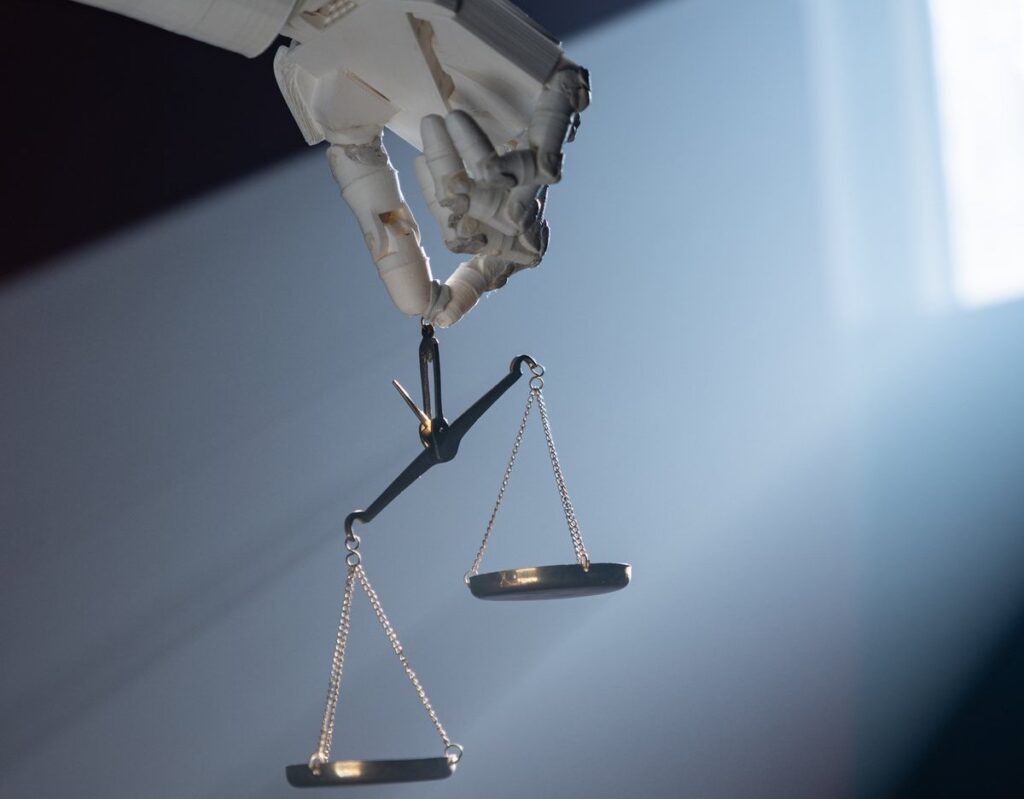Source: FT
Every now and again a technology emerges that has potential to shift the paradigm.
Take the internet, email or mobile broadband; all so firmly fixed in our daily existence now that it is hard to imagine our work or personal lives before they came along.
Generative artificial intelligence perhaps offers similar potential. Early versions are showing us a tantalising glimpse of what is to come, with AI-generated content (music, artwork, computer code, prose, commentary) already proliferating…
Read full article: https://www.ftadviser.com/opinion/2023/08/04/ai-unlikely-to-replace-lawyers-but-instead-enhance-their-service/








